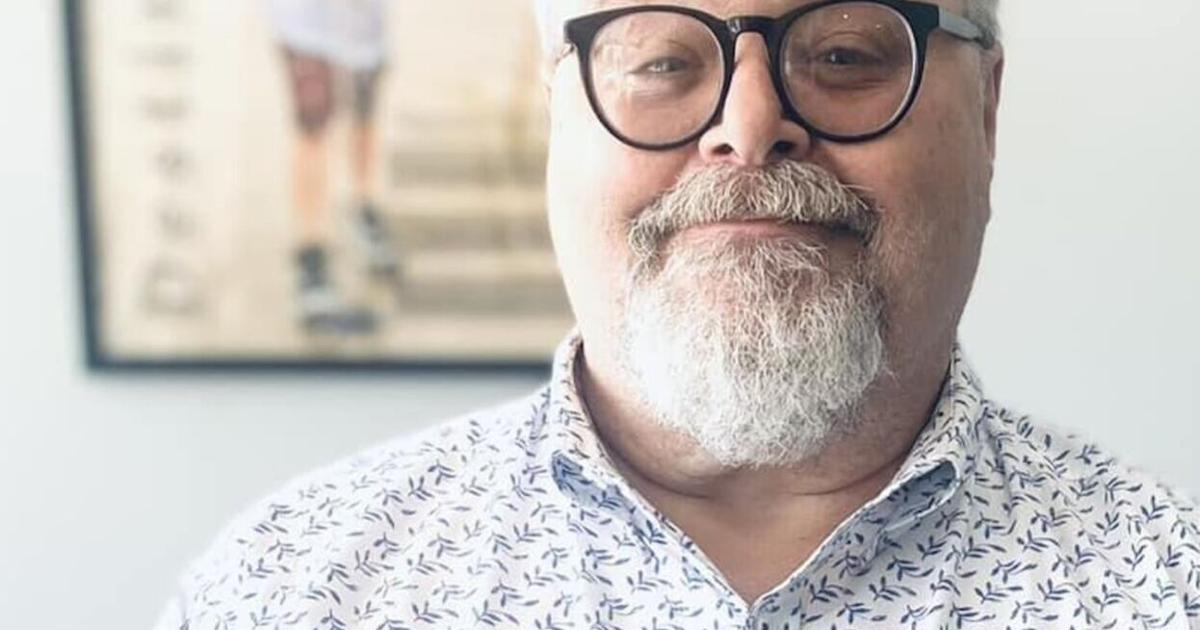The nightmare we’ve been dreading for more than a century is upon us: machines are taking not just our jobs, but our crafts as well.
Lately, my former university and college colleagues have been talking about the “intrusion” of AI (artificial intelligence) in the classroom. ChatGPT can take a document and summarize it. It can take your notes and put them into an essay, letter, job application, etc. I’m an old-school literary scholar. I am up on technology, but I earned my degrees by searching the library shelves and traveling to pertinent sites and writing and writing and writing. I retired from teaching five years ago, and five years makes a lot of difference today.
AI can also write newspaper articles from transcripts of meetings and interviews. I argue with a degree of uncertainty that my work depends on my talents of discernment and analysis. I’ve used it to summarize meeting transcripts.
Tennessee State University marketing professor Vaidas Lukosius tells me that studies show that resumés written by AI get far better results than even expertly, human-written resumés. He is desperately trying to figure out his place in teaching marketing. AI leaves him with no way to verify that students’ work is “original.”
Students don’t have to take notes in class; their laptops can record profs and create instant transcripts. Then, AI can take those notes and turn them into professional-level writing and other sorts of content creation.
If I am a graphic designer, AI can provide whatever pictures I need and can format them for the page. Even on the Photoshop level, I employ AI to process and make better my photographs. I could put a smile on your sour-faced portrait if I needed to for some reason. Could.
AI can design buildings, everything from a house to a gigantic building that meets regulations and codes. I suppose it can do the job of engineers and architects.
That means it’s able already to replace a lot of workers.
Leipzig University Instructor of Translation Tim Jones tells me that the translation field has already been hit hard by AI. It has transformed his students’ work. He says, “I try to frame it so they can use AI to produce the translations, but that’s not the final product. They need to work on what AI produces and make it what they want it to be, otherwise they are slaves to the machine. That argument seems to have an effect with some students.”
But how long before AI is able to craft not just produce writing? It’s inevitable.
Banking, accounting, law, and millions of white collar jobs are on the line.
Granted, we will still have to provide the machines with data. And we still have a human touch in what data we present. And we’ll need to double check the work. At least for now.
At a recent Dyer County School Board meeting, teachers said that AI has come in so quickly that schools are trying to catch up with it. I suspect that to be true in many professions and industries.
Eventually, AI will outpace us. It will make millions of us redundant. And this will lead to high levels of unemployment. Then supply and demand with dwindle, and then, we’ll have a catastrophe.
The alternative? We start now to reimagine education, business, industry, sciences, medicine and healthcare, content creation, and almost every job that does not require physical labor.
We cannot afford to be idle. It’s here already. And there are no quick-fix bandages, no miracle antidotes. That means our leaders have to get on top of this. Pretending it isn’t total, pretending that we can keep on with the status quo – this is not only stupid: it’s dangerous.
We have to act with a massive re-write of our professions and society. Not later. Now.
